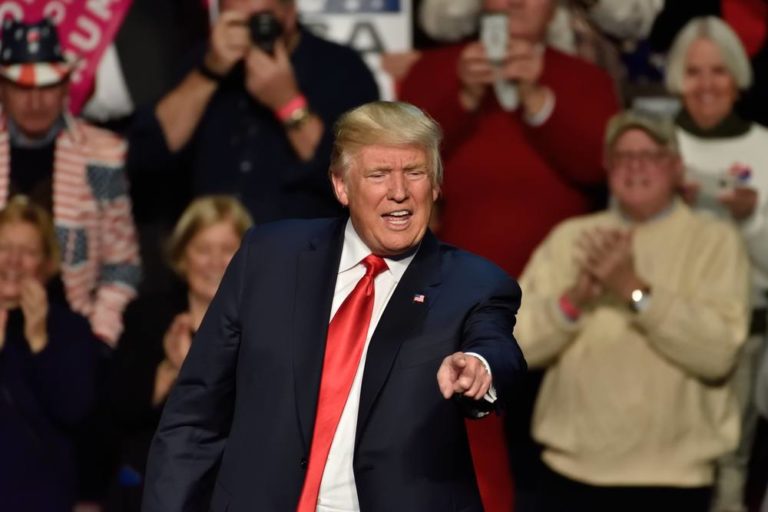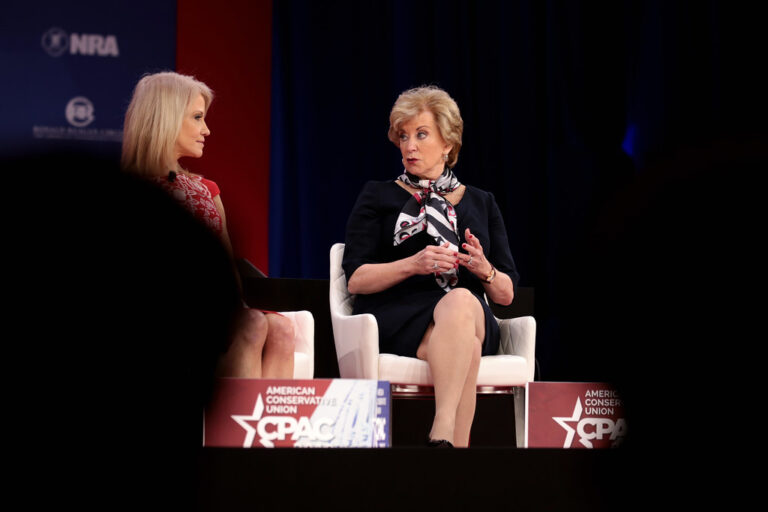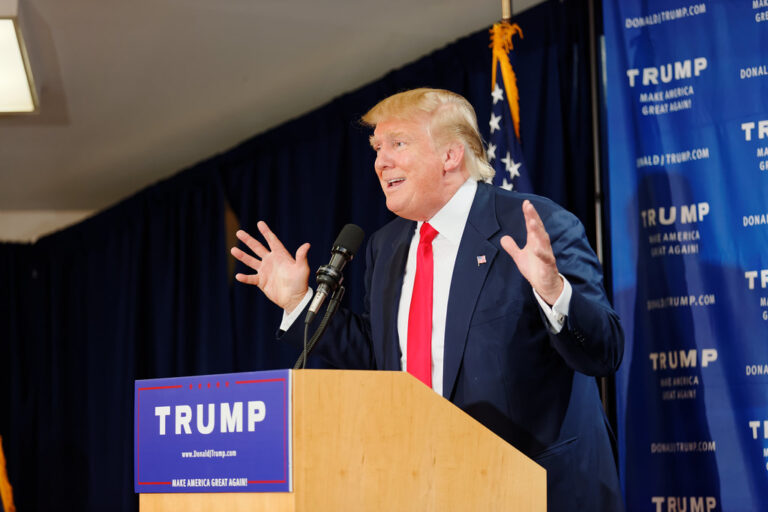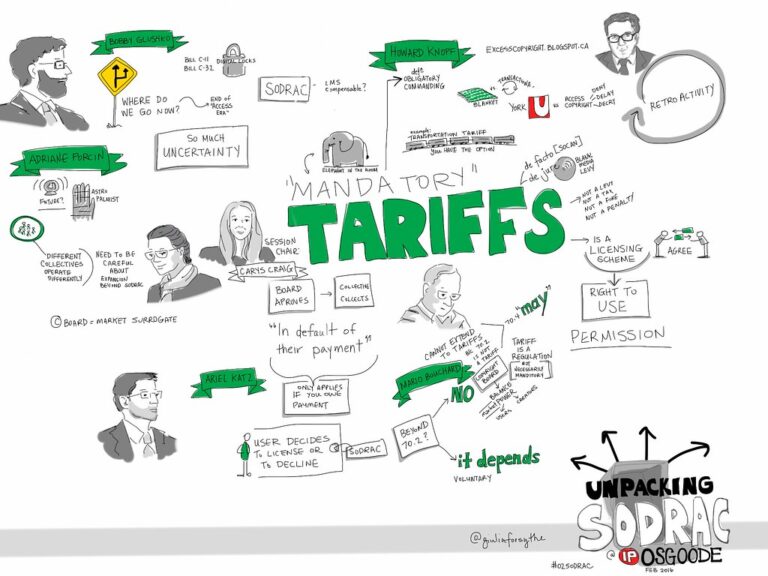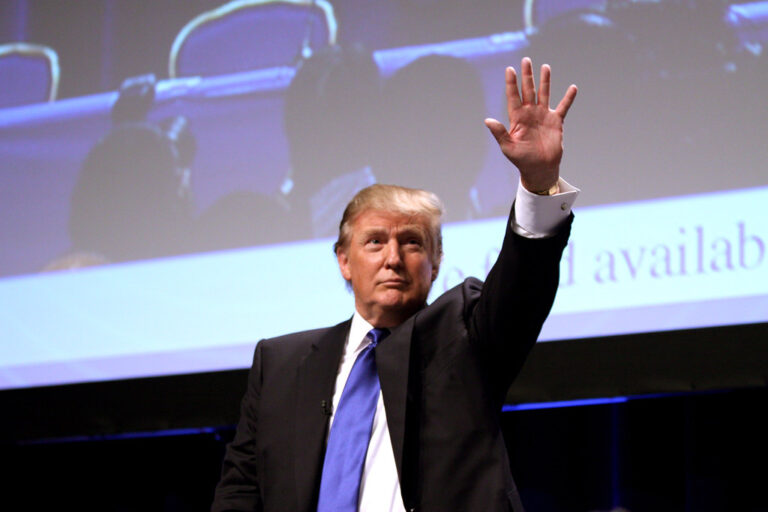Key Takeaways:
- Commerce Secretary Howard Lutnick suggests separating government spending from GDP reports.
- This proposal addresses concerns about spending cuts leading to an economic downturn.
- Historically, government spending has been a controversial part of GDP.
- The debate questions the accuracy of economic measurements and spending’s role in the economy.
Introduction: Commerce Secretary Howard Lutnick recently proposed an idea that could change how we measure the economy. He suggested that government spending should not be included in GDP reports. This idea came up because of concerns that spending cuts by Elon Musk’s Department of Government Efficiency might slow down the economy. Lutnick’s suggestion has sparked a discussion about how we calculate and understand economic growth.
How GDP Works: GDP, or Gross Domestic Product, is a way to measure a country’s economic performance. It’s like a report card for the economy. GDP adds up the value of all goods and services produced within a country. This includes government spending on things like roads, schools, and defense. Historically, GDP has counted government spending as part of the total. However, some people argue that this might not be the best way to measure the economy.
The Debate on Government Spending: Lutnick pointed out that government spending doesn’t always reflect the economy’s true health. For example, if the government spends more money on infrastructure, GDP might look good. But does that spending always lead to an efficient or effective economy? Some argue that government spending can sometimes be inefficient and doesn’t necessarily mean the economy is growing in a healthy way.
Why Exclude Government Spending? Proponents of excluding government spending from GDP argue that it might give a clearer picture of the economy. If government spending is taken out of the equation, GDP would mostly reflect private sector activity, like businesses and consumer spending. This could make it easier to see how well the economy is doing based on private enterprise, which is often seen as a better indicator of economic health.
The Challenges of Changing GDP: Changing how GDP is calculated won’t be easy. Many people, including economists and policymakers, rely on GDP as a benchmark for economic performance. Changing the formula could cause confusion and make it harder to compare economic data over time. There could also be pushback from government agencies and politicians who want to show that their spending is contributing to economic growth.
Public Reaction and Expert Opinions: Some experts agree with Lutnick, saying that GDP isn’t a perfect measure of the economy. They argue that it doesn’t account for things like environmental impact or income inequality. Others worry that removing government spending from GDP could downplay the importance of public investments in areas like education and healthcare.
The Future of GDP: The discussion about changing GDP is an important one. It raises questions about how we measure success and what we value in an economy. Even if government spending remains part of GDP, Lutnick’s suggestion highlights the need for a more nuanced understanding of economic health. By considering different perspectives, we can work towards a better way to track and improve the economy for everyone.
This proposal by Lutnick is a significant step in rethinking economic measurements. It encourages us to think critically about what truly matters for a thriving economy and how we can best measure it.




